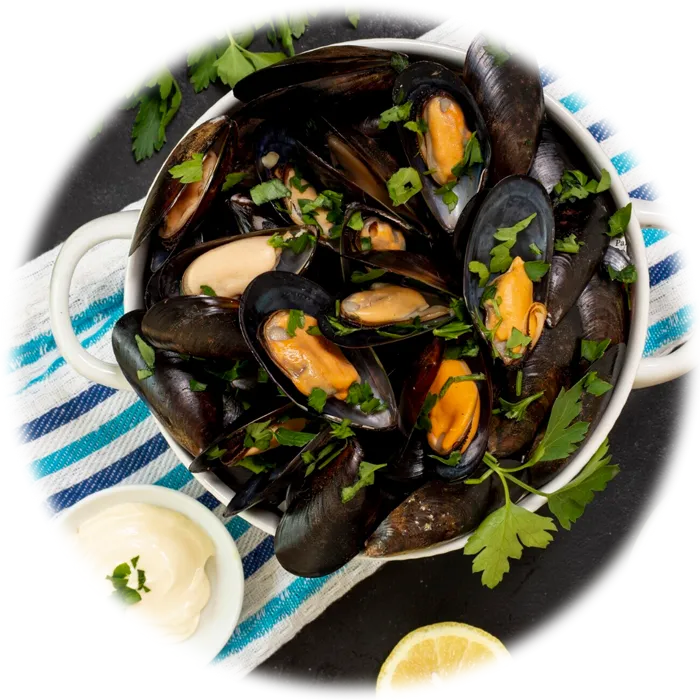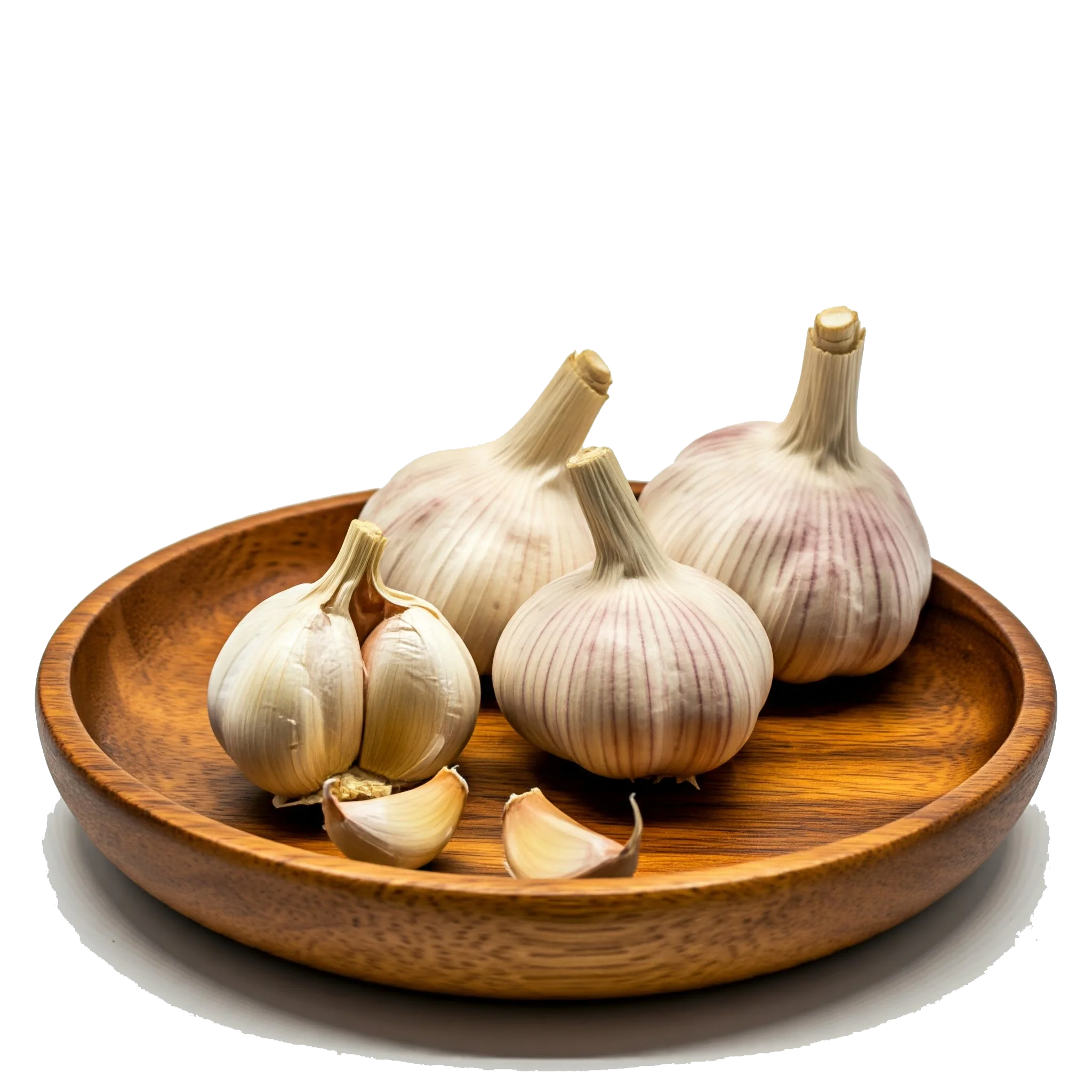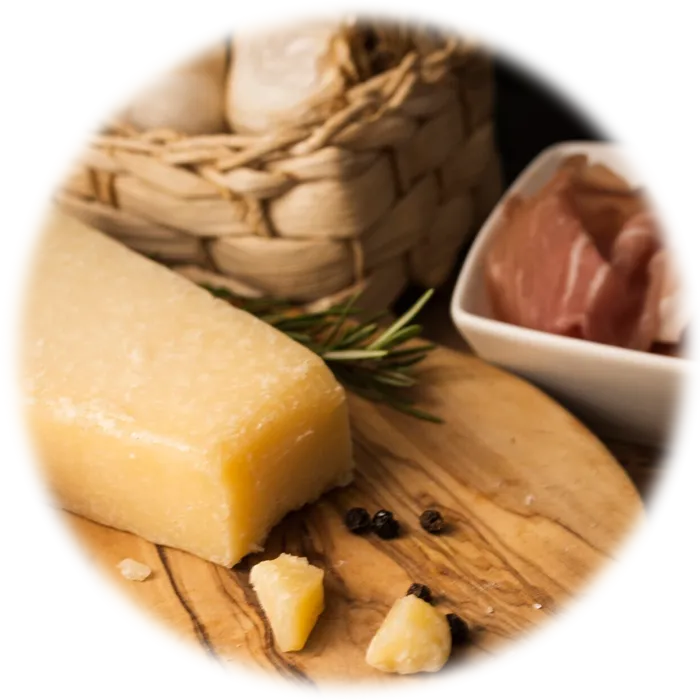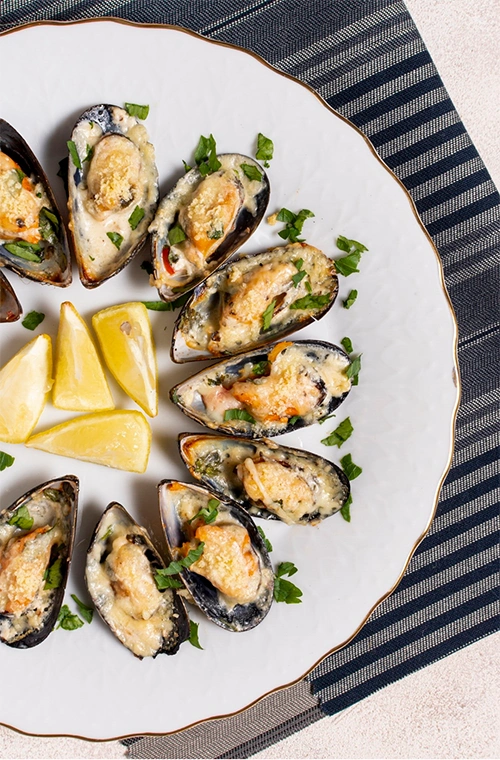

Top Health Benefits of Cheesy Baked Mussels You Need to Know
Cheesy Baked Mussels are not only a gourmet delight but also a powerhouse of nutrition. Mussels are rich in high-quality protein, omega-3 fatty acids, vitamin B12, selenium, and zinc, all of which support heart health, brain function, and immune defense. The inclusion of cheese and cream adds calcium and healthy fats, which are essential for energy and bone health. Thanks to their low carbohydrate content and abundance of healthy fats and protein, these mussels can help regulate blood sugar levels and keep you satiated for longer periods. While the recipe includes indulgent ingredients like butter and cheese, when consumed in moderation, it offers a well-balanced meal with a flavorful twist that aligns with several health-focused diets.
 Clams, Mussels : 30 Piece
Clams, Mussels : 30 Piece Dairy Butter : 50 g
Dairy Butter : 50 g Garlic : 2 clove
Garlic : 2 clove Onion : 1 Piece
Onion : 1 Piece Heavy Cream : 1/2 Cup
Heavy Cream : 1/2 Cup Parmesan : 100 g
Parmesan : 100 g Mozzarella : 70 g
Mozzarella : 70 g Parsley : 2 Tablespoon
Parsley : 2 Tablespoon Salt : as needed
Salt : as needed black pepper : to taste
black pepper : to taste Lemon Juice : 2 Tablespoon
Lemon Juice : 2 TablespoonRecipe :
For 7 people (approx. 30 mussels)
Enjoy your golden, cheesy baked mussels — crispy on top and creamy inside!
When preparing Cheesy Baked Mussels, freshness is key—always use fresh, tightly closed mussels, and discard any that remain open after cooking. Thoroughly clean the shells to remove sand and debris, and steam them just enough to open the shells without overcooking the meat. The cheese and cream sauce should be cooked until it thickens slightly but not too much, to maintain a smooth texture when baked. It’s crucial not to overload the mussels with sauce, as this can make them overly rich and mask the delicate flavor of the shellfish. When baking, use the broil setting to achieve a golden crust without drying out the mussels. Adding a final touch of fresh herbs or a squeeze of lemon after baking brightens the dish and balances the richness.

Cheesy Baked Mussels are compatible with several popular dietary plans, including ketogenic, paleo, Mediterranean, gluten-free, and high-protein diets, due to their low carb content and high levels of healthy fats and quality proteins. However, this dish is not suitable for vegans or vegetarians due to the inclusion of seafood and dairy. It's also not ideal for those on low-calorie or low-fat diets, as the butter, cream, and cheese significantly increase the fat and calorie content. Individuals with dairy allergies or shellfish sensitivities should strictly avoid this dish. While it fits well within the ketogenic and paleo frameworks, those following the DASH diet or intermittent fasting should consider portion control and timing when including it in their meal plan.
Karsan (May 20, 2025, 10:27 a.m.) : Wooow